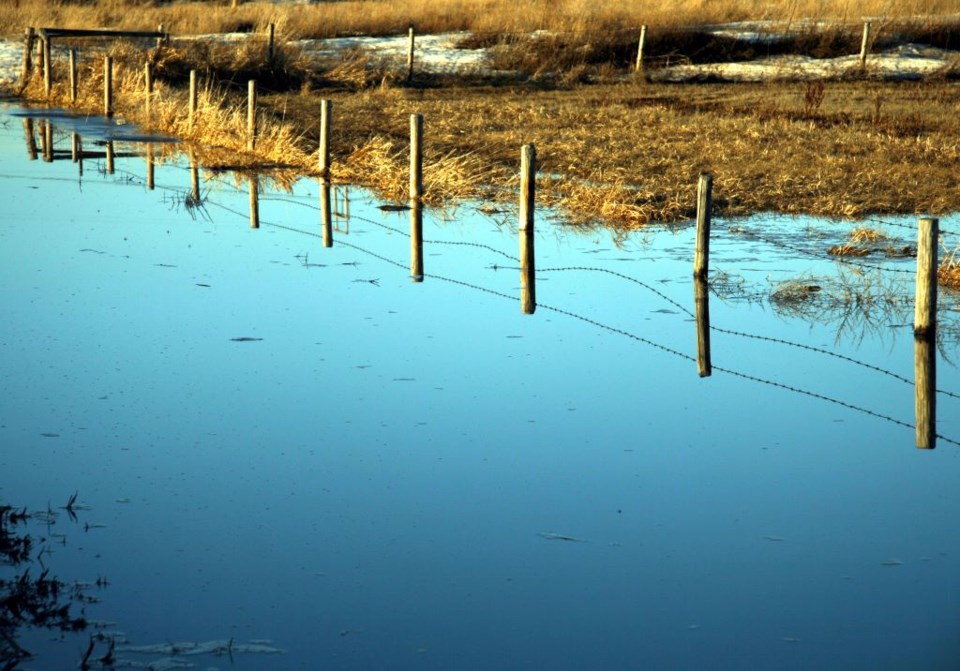REGINA - The Water Security Agency (WSA) is currently expecting a below to well below normal snowmelt runoff response over much of southern Saskatchewan. Only areas east of Moose Jaw are forecast to receive near or above normal runoff, according to conditions as of March 1.
WSA actively monitors snowpack and precipitation during the winter months to forecast the province’s available water supply through the summer and fall and to prepare for any potential issues.
WSA completed snow surveys in mid-February to assess the water available for runoff. For the most part, water supplies from the province’s major reservoirs are expected to continue to meet the province’s needs in 2022.
As previously reported, the hot and dry conditions throughout 2021 caused most areas of the province to go into winter with drier than normal moisture conditions. Therefore, despite significant amounts of snow, some areas with dry conditions at freeze-up are still predicted to have normal to below normal runoff.
Below normal runoff in the southwest may result in some water supply issues, including shortages and potentially water quality related issues later in the year. With a significant snowpack, above to well above normal snowmelt runoff yields are expected across central areas of the province. However, flooding is not expected at this time.
With significant snowpack within the North Saskatchewan River Basin, there is an elevated risk of a dynamic ice breakup event occurring on the North Saskatchewan River. This may result in ice jamming and flooding similar to what was observed on the river in 2020. With an alpine snowpack that is generally well above normal, the agency is optimistic that flows on the Saskatchewan River System and levels at Lake Diefenbaker will be better than what was observed in 2021.
When developing this snowmelt runoff outlook, WSA assumes normal weather conditions going forward to the conclusion of the melt. Any increased runoff potential would be reflected in the April forecast provided runoff is not already underway. The current report can be found on the wsask.ca website under Provincial Forecast.




